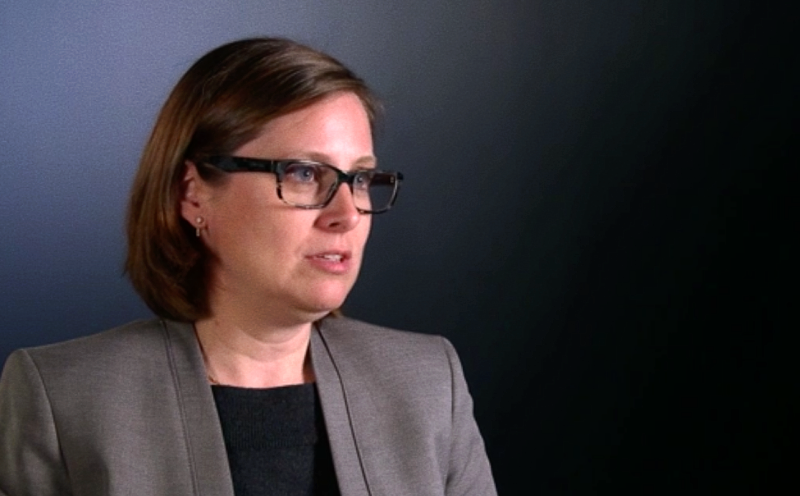Covid-19 Frontline Impact
Cramped conditions in the camps and fears over the spread of the virus suddenly made returning home the more compelling option in these times.

Women mediators face many risks mediating amongst highly volatile individuals. Being the subject of sexual advances is one of them.
Navigating the danger in humiliating a man when setting boundaries can be challenging. Hearing a “no” from a woman, who in many settings is already perceived as a second-class citizen, can trigger face-saving responses that can easily turn violent.
The process of building relationships and trust with the community and armed groups is essential to helping mitigate those risks and manage expectations. Participating in the daily life of the community by attending weddings, joining in the cooking, sharing meals or drinking tea, helps people get to know you and your intentions. The community creates a layer of protection around you yet at the same time, it is critical to never let your guard down or lessen your vigilance because a foreigner can be a valuable asset in an armed conflict.
Identifying and deepening relationships with the centers of power will also advance your understanding of your peace-making objectives.
Avoiding to offend a man, while he’s offending you is a balancing act. Using tools such as humor, patience and relationships while remaining focused on your purpose can help a women mediator navigate a male-dominated world while advancing your strategic objectives.
